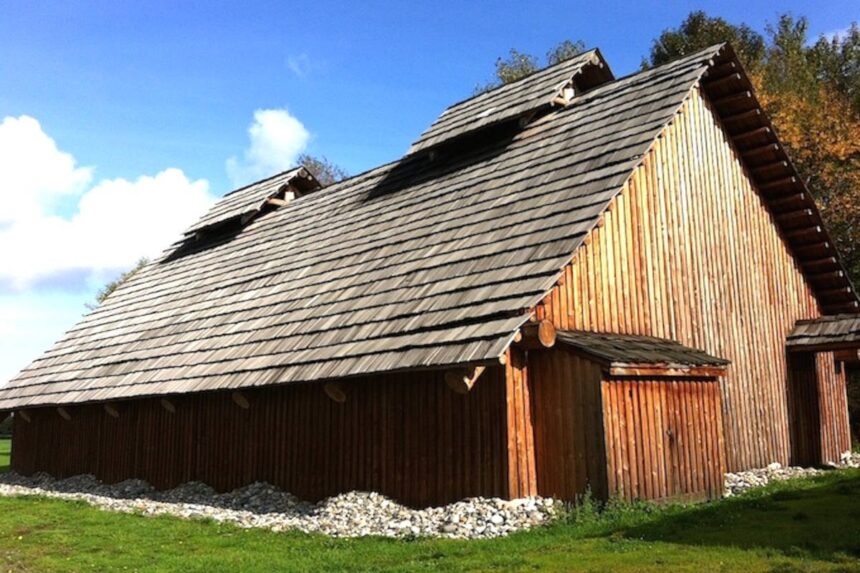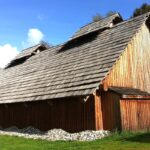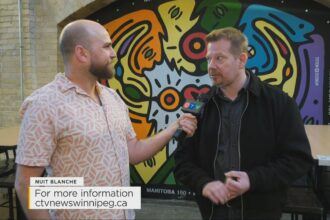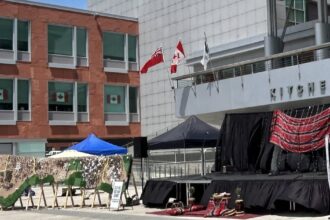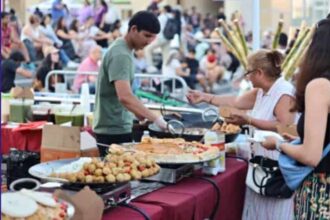The boundaries between past and present blur beautifully in the upcoming Cultural Experience Series planned for 2025 in the Chilliwack-Mission region. This thoughtfully curated program offers a rare window into the rich tapestry of Stó:lō history and living traditions that have shaped this land for thousands of years.
When we speak of cultural heritage, we often risk relegating it to museums and textbooks—static artifacts behind glass. What makes this series remarkable is its commitment to presenting Stó:lō culture as it truly exists: vibrant, evolving, and profoundly connected to place. The initiative represents a meaningful collaboration between local Indigenous knowledge keepers, community organizations, and regional arts councils determined to create authentic cultural exchange.
“These aren’t performances designed for tourists,” explains Sarah Malone, one of the series coordinators. “These are genuine opportunities for cultural transmission, where Stó:lō elders and knowledge keepers share aspects of their heritage they’ve determined are appropriate to share with the broader community.”
The program spans traditional storytelling sessions, hands-on workshops in traditional crafts like cedar weaving and carving, guided cultural landscape tours, and seasonal harvest celebrations. Each event is designed to illuminate the sophisticated ecological knowledge and spiritual worldview that has sustained Stó:lō communities for countless generations.
What distinguishes this series from similar cultural initiatives is its deliberate approach to context. Attendees won’t just observe cultural practices; they’ll gain insight into their significance within Stó:lō cosmology and social structures. The series explicitly acknowledges the colonial disruptions to these traditions while celebrating their persistence and renewal.
Historical consciousness runs through every aspect of the programming. Events will take place at culturally significant sites throughout the Fraser Valley, including ancient village locations, traditional gathering places, and contemporary cultural centers. This place-based approach grounds the experience in the specific geography and ecology that have shaped Stó:lō lifeways since time immemorial.
The timing feels particularly resonant. As our society grapples with reconciliation and decolonization, initiatives that foster genuine cross-cultural understanding take on renewed importance. Yet the organizers are careful to emphasize that this isn’t about appropriation or superficial cultural tourism.
“These events create space for meaningful connection and learning,” notes Thomas Williams, a local historian involved in the project. “There’s a profound difference between consuming culture and engaging with it respectfully. This series aims for the latter.”
For the Fraser Valley’s non-Indigenous residents, the series offers an invaluable opportunity to develop a deeper relationship with the land they call home by understanding its first peoples. For Stó:lō community members, particularly youth, it provides platforms for cultural revitalization and intergenerational knowledge transfer.
The 2025 Cultural Experience Series represents a thoughtful model for how communities can engage with Indigenous heritage in ways that honor its complexity, respect cultural protocols, and recognize living traditions. In a region whose modern identity has been shaped by waves of settlement and development, these events invite all residents to consider what it means to be in good relation with this place and its original stewards.
As we navigate increasingly fractured social landscapes, initiatives that foster genuine understanding across difference become ever more vital. The Cultural Experience Series reminds us that meaningful reconciliation isn’t found in grand gestures but in sustained, respectful engagement with the cultures, histories, and peoples that make up our shared communities.
For more perspectives on cultural initiatives and heritage preservation, visit CO24 Culture or explore emerging social patterns at CO24 Trends.

